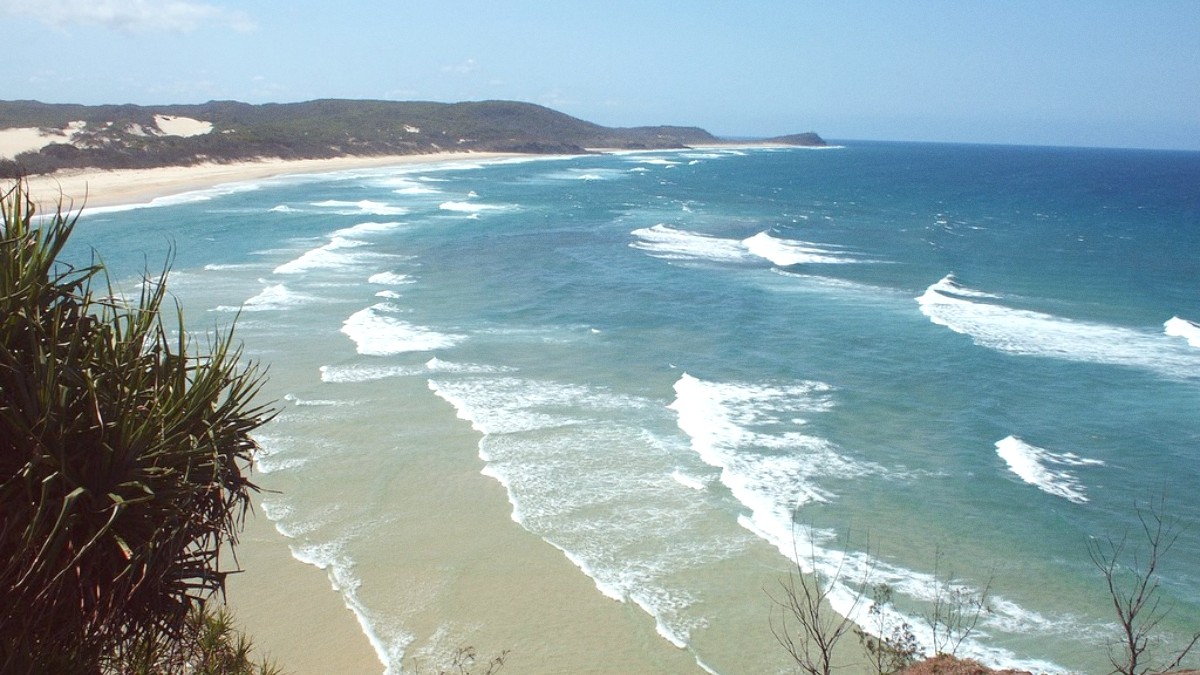
Queensland, Australia
Noosa National Park and the UNESCO Noosa Biosphere Reserve focus on balancing conservation with sustainable development across land and marine environments.
Australia has good recycling infrastructure. Separate bins for general waste and recycling (paper/cardboard, plastic bottles/containers, glass) are available.
Queensland experiences periods of drought.
Minimize your environmental footprint by making conscious choices during your visit.
Choose accommodations and tours committed to environmental standards.
Minimize your environmental impact during your travels in Noosa.
Contribute to projects that reduce greenhouse gas emissions from travel.
Choose outdoor gear from brands committed to sustainability and ethical production.
Choose tour companies that prioritize ethical practices, local communities, and wildlife wellbeing. Inquire about their environmental policies.
Discover G Adventures.Support organizations working to protect natural environments and wildlife globally and locally. Donations to legitimate causes make a difference.
Support The Rainforest Site.Help preserve Noosa's natural and cultural heritage for future generations by making informed and responsible choices.
Your interactions with local culture reflect your respect.
Respect for the Kabi Kabi (Gubbi Gubbi) people, the traditional owners, is emphasized.
Be mindful when visiting areas of cultural significance.
Photography ethics and religious site etiquette are areas where respect matters.
Respect requests not to photograph certain areas or ceremonies. Be generally mindful of privacy when taking photos in public spaces.
While not a major concern in Noosa due to few traditional religious tourist sites, dress modestly and conduct yourself respectfully if visiting places of worship.
Your choices as a traveler can have a positive economic impact on the local community.
Dine at locally owned restaurants rather than international chains to keep money in the community.
Book tours with local Noosa operators who directly contribute to the local economy and employ locals.
Purchase souvenirs from local artisans and craftspeople; these often represent the region's unique character.
Be cautious of any wildlife interactions that appear exploitative, like wild animals used for photo opportunities or unnatural performances.
Confirm that any tours involving wildlife adhere to ethical guidelines and prioritize the well-being of the animals and their environment.
If donating, research local charities or environmental groups in the Noosa region rather than giving to individuals on the street to support legitimate causes.